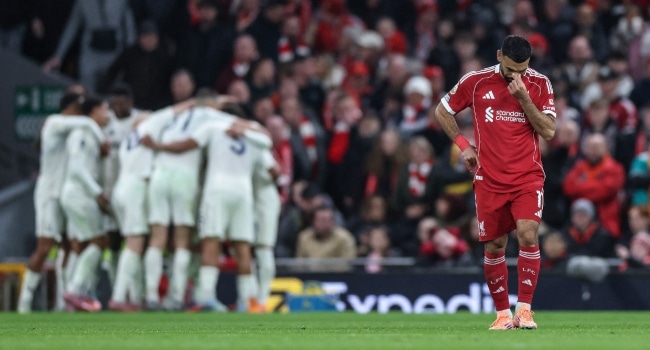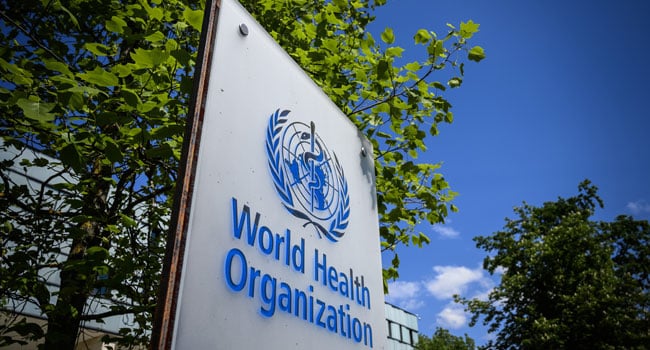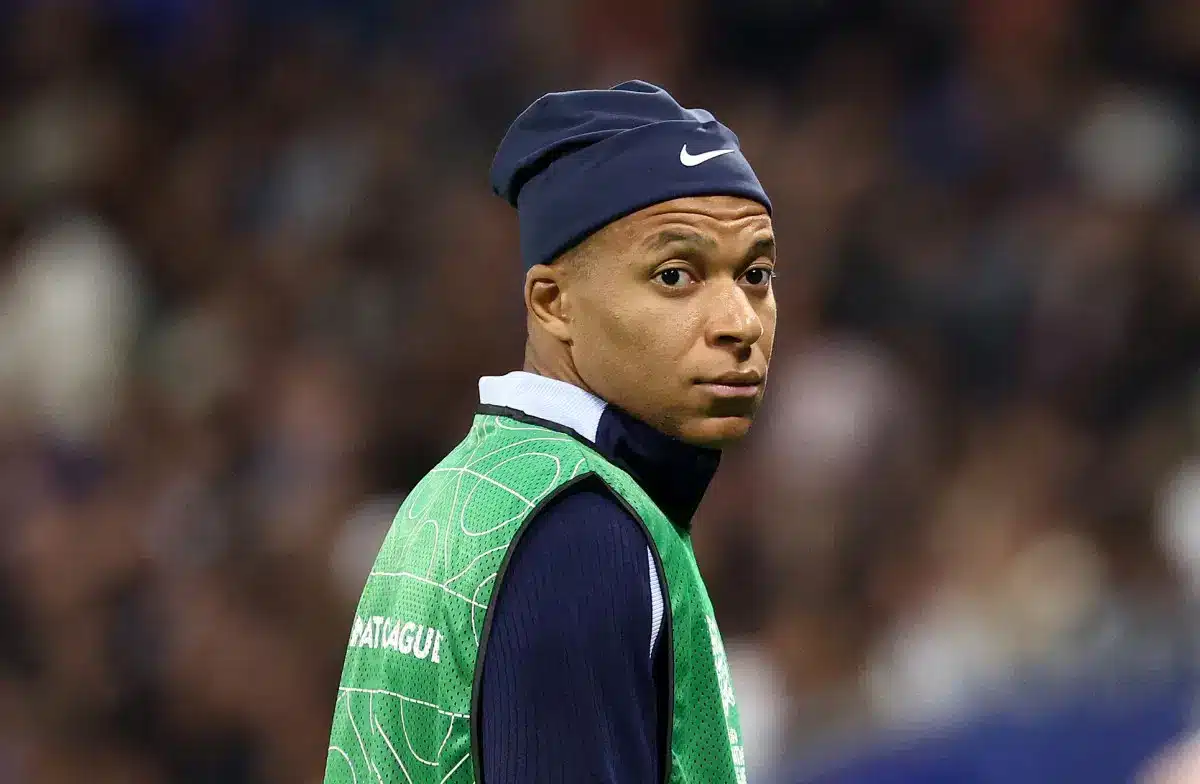A widening rift between the United States and its European allies over the future of Ukraine is set to overshadow the G20 summit opening in South Africa on Saturday — a gathering further marked by President Donald Trump’s conspicuous absence.
World leaders including France’s Emmanuel Macron, India’s Narendra Modi, China’s Li Qiang, Brazil’s Luiz Inácio Lula da Silva, and Turkey’s Recep Tayyip Erdoğan are attending the Johannesburg summit, the first G20 meeting ever hosted on African soil.
But Trump is boycotting the event, with his administration arguing that South Africa’s priorities — particularly its push for stronger global cooperation on trade and climate issues — run counter to US policy.
Despite his absence, Trump’s influence loomed large. Days before the summit, the US president unveiled a surprise unilateral plan to end the war in Ukraine — a proposal viewed as largely aligned with Russia’s objectives.
Following an urgent call with Ukrainian President Volodymyr Zelensky, European leaders including Macron, German Chancellor Friedrich Merz, and UK Prime Minister Keir Starmer responded sharply, insisting that any peace plan must have the “joint support and consensus of European partners and NATO allies.”
European Commission President Ursula von der Leyen said EU leaders will meet on the sidelines of the summit to reaffirm that “there should be nothing about Ukraine without Ukraine,” with a follow-up session scheduled during the EU–African Union summit in Angola early next week.
Trump has warned Kyiv that it has only a short window to accept his administration’s 28-point peace plan, telling Fox News Radio that “Thursday is, we think, an appropriate time.”
Climate Deadlock Adds Tension
The summit is also being overshadowed by stalled COP30 climate negotiations in Brazil, where talks expected to conclude Friday have dragged on for nearly two weeks. Petro-states have been accused of blocking any reference to phasing out fossil fuels in the final agreement.
Despite these challenges, South Africa remains optimistic that its G20 priorities — tackling global inequality, easing debt burdens on low-income countries, boosting clean-energy transitions, and securing a critical minerals agreement — will receive strong backing.
“We hope to have the leaders’ declaration adopted, setting a new and sustained agenda for the world, especially the G20,” President Cyril Ramaphosa said late Friday.
Negotiators finalized a draft statement on Friday, sources told AFP, though they were not permitted to reveal its contents. It remains unclear whether a traditional summit communiqué will be issued, given Washington’s warning that no declaration should be made in the name of the G20 during a US boycott.
US Absence Draws Criticism
Ramaphosa — who has dismissed the Trump administration’s unfounded claims of a so-called “white genocide” in South Africa — is among several leaders emphasizing the importance of the G20 as a platform for international cooperation.
“Multilateralism is our best, perhaps our only defence against disruption, violence and chaos. And South Africa is putting multilateralism to work,” European Council President Antonio Costa said at a pre-summit press briefing.
The boycott echoes Trump’s refusal to send an official US delegation to COP30. Washington says it will dispatch only its chargé d’affaires for the closing handover ceremony, as the United States prepares to host next year’s G20 at a Trump-owned golf resort in Florida.








